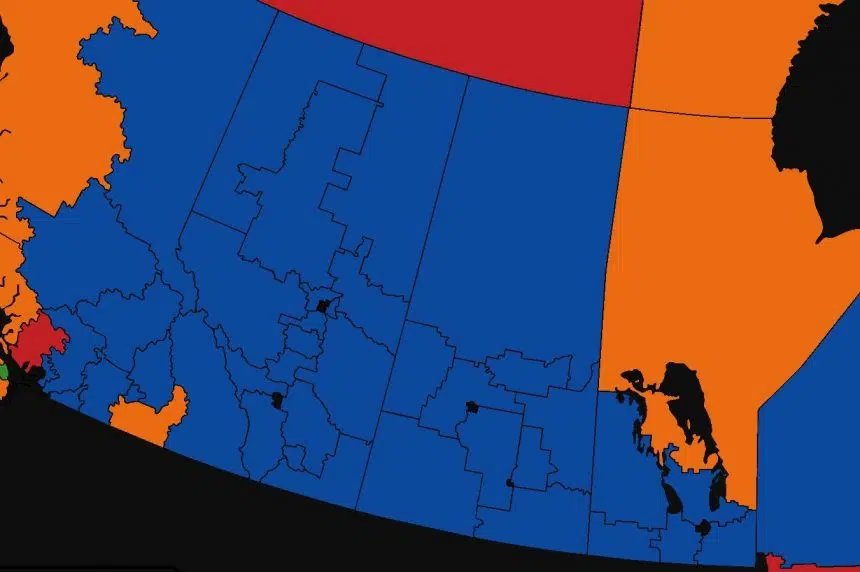Since the federal election on Monday, there has been more talk of western alienation and the idea of separation.
A group based out of Alberta that espouses the idea of “Wexit” (western exit) feels the Trudeau Liberals haven’t done enough for issues affecting the west, like energy.
The VoteWexit Facebook page had around 2,000 members before the election. That number is now at more than 220,000 and growing.
Dwight Newman is a University of Saskatchewan professor who is an expert on constitutional law.
He said the federal government has a piece of legislation in place that provides a mechanism and a set of rules that provides for a province to leave confederation.
“A western province that wants to secede could follow the road map provided by that piece of legislation,” said Newman.
He said there are a lot of constitutional issues that would have to be addressed if a province began the process of separating.
“The Clarity Act says that a lot of considerations would come into play in terms of whether the federal parliament approved aspects of the process,” said Newman. “Amongst those would be constitutionally protected, like Indigenous rights.”
The FSIN weighs in
The Federation of Sovereign Indigenous Nations chief, Bobby Cameron, said inherited treaty rights are not bound by provincial law.
“Do I want better communication on separating from the rest of Canada?” said Cameron. “Anything to advance our position in terms of inherited treaty rights, we’re for.”
Cameron said the discussion of western separation and how it would affect Indigenous people would affect constitutional issues.
“We have thousands and thousands and hundreds of thousands of acres of traditional lands which belong to First Nations people. Many of these landowners live on First Nations land,” Cameron said. “That’s what this opens up.”
Cameron said the provincial leadership has a lot of work to do in communicating with the people of Saskatchewan and Alberta.
— With files from 650 CKOM’s Brady Lang











